How The Last Of Us Handled The Game’s Biggest Shock
Warning: this article containers spoilers for The Last Of Us Season 2, Episode...
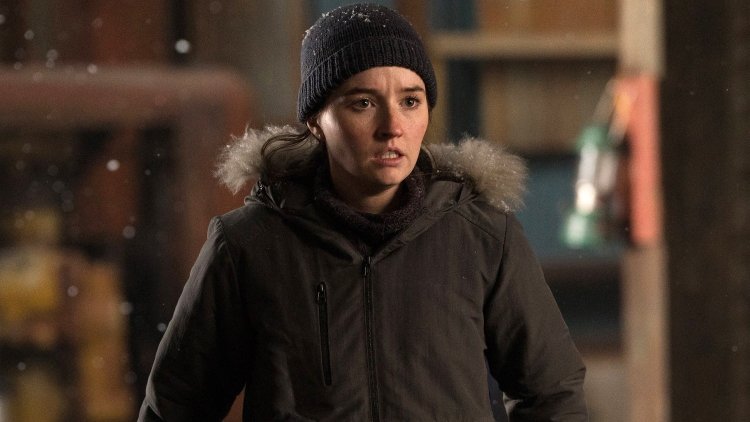
Warning: this article containers spoilers for The Last Of Us Season 2, Episode 2.
Firstly — to quote a British daytime TV presenter — are you ok? Anyone who has had even a passing interest with The Last Of Us, either in its original video game form or its television adaptation, should be used to experiencing high stress by this point. The post-apocalyptic franchise, depicting a world ravaged by a highly infectious cordyceps pandemic, is almost always intense, emotional, and enough to leave your cortisol levels spiking. But the second episode of The Last Of Us season two, which aired on Sunday night in the US, felt particularly shattering. We hope you at least had someone nearby you could hug.
Last chance: major spoilers to follow…
Because it was in that episode, ‘Through The Valley’ — the episode title alluding the famous Biblical quote, “Even though I walk through the valley of the shadow of death, I will fear no evil, for you are with me” — that Joel (Pedro Pascal) met a sudden and shocking death at the hands of Abby (Kaitlyn Dever). Abby, it emerges, is the daughter of the doctor slaughtered by Joel at the end of season one — alongside dozens of other Fireflies — who were operating on the immune Ellie (Bella Ramsay) in the hope of finding a cure for the infection.
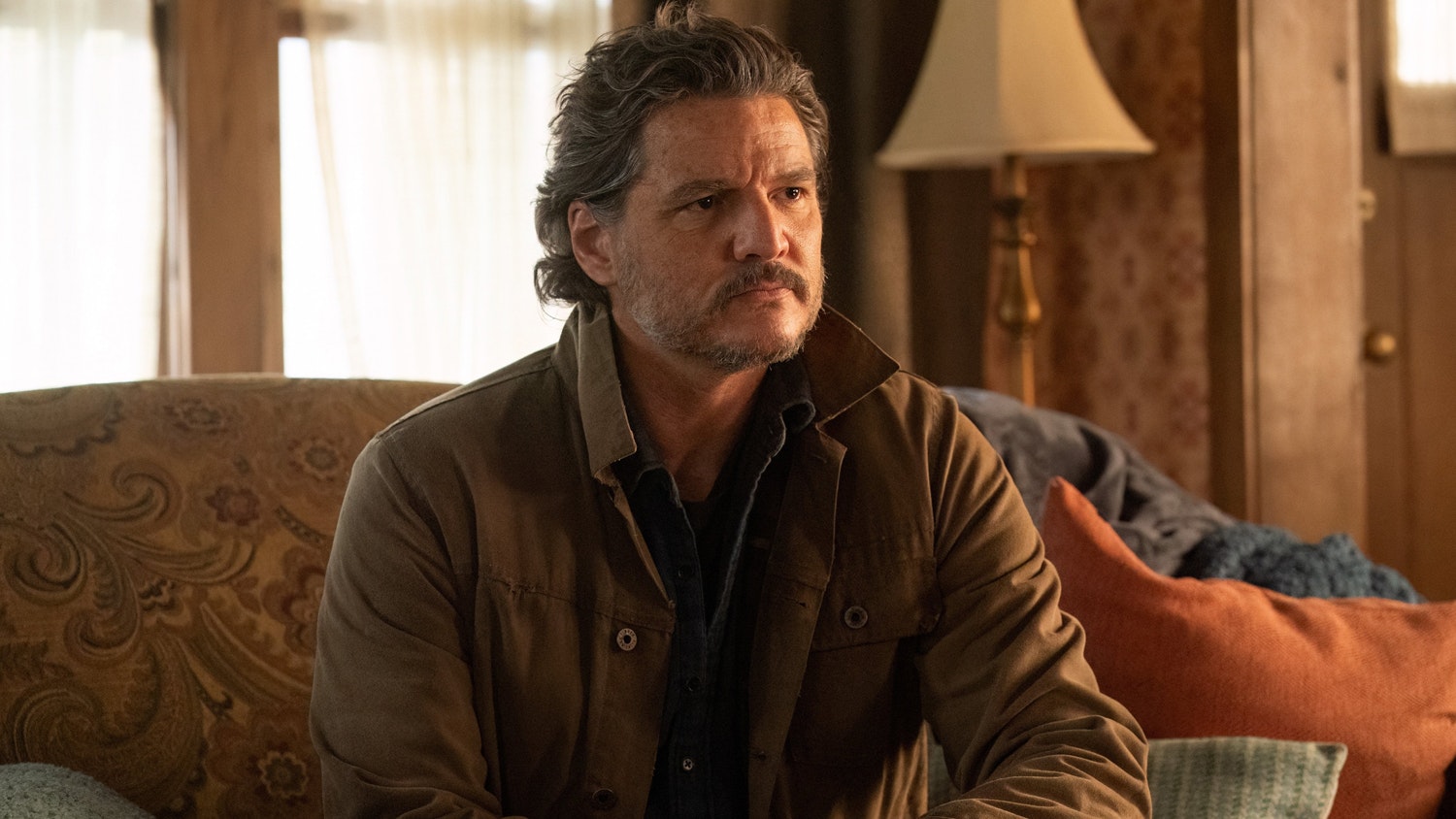
Yes, Joel is dead. Of course, for anyone who played The Last Of Us Part II — and given it is the 13th best-selling PlayStation 4 game of all time, that’s quite a lot of you — his demise comes as no surprise. In the gaming world, it was the moment everyone was talking about in the summer of 2020 when the game sequel was released, and its recreation in television form has been hugely anticipated. Game fans have been waiting for it with massive expectation — there has been much none-too-subtle alluding in our conversations to “that moment” — while looking kindly upon the sweetly naive non-gamer TLOU fans who are unaware of the pain coming. It’s not too dissimilar to the phenomenon of George R.R. Martin readers knowing exactly what was about to happen in 2013 when ‘The Rains Of Castamere’ episode of Game Of Thrones suddenly pulled the rug from under the viewer's feet. The comparison is apt: in killing off such a beloved character in such startling, bloody fashion, this is The Last Of Us’ ‘Red Wedding’ moment.
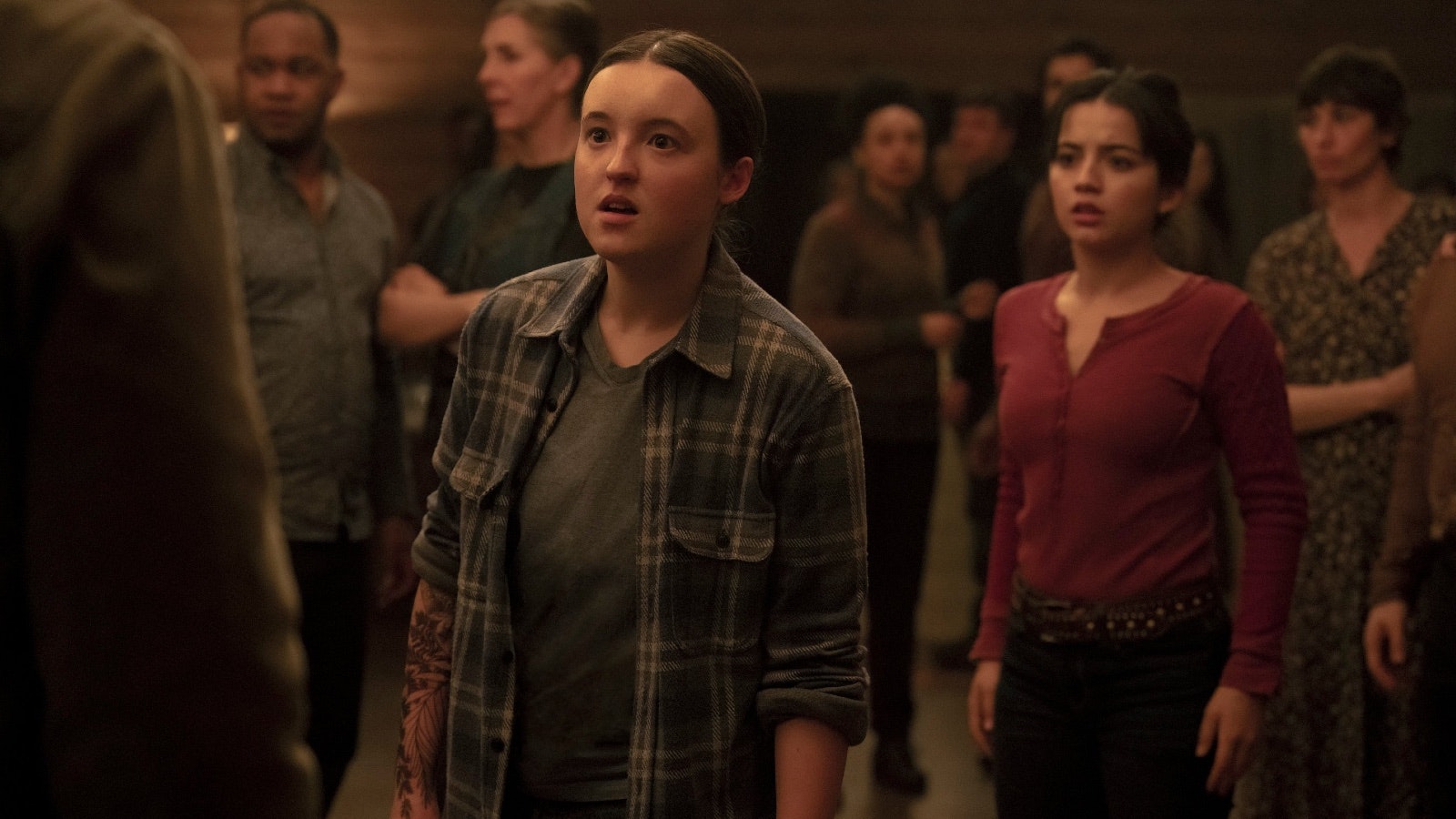
The episode finally puts paid to rampant online speculation on when the moment would arrive. Some suggested that the showrunners, Neil Druckmann and Craig Mazin, might leave it until the season finale. (The TV show is adapting The Last Of Us Part II across two seasons, the story to be completed in the recently-greenlit season 3.) It’s clear there would have been no chance of that happening: Joel’s death is the great inciting event of this story, the sun around which everything else this season will orbit.
There are subtle differences between the video game and TV show in how the sequence plays out. Little of Abby’s backstory is revealed in the game upfront, so the shock is more significant; in the series, we know and understand her vengeful mission from episode one, softening the blow of shock that gamers felt, but mounting the impending sense of dread as soon as Joel offers Abby his hand. In the game, it’s Tommy (Gabriel Luna) who accompanies Joel on their ill-fated patrol; in the series, it’s Dina (Isabel Merced), solidifying their bond and giving her more motivation to join Ellie in her later quest for revenge in Seattle. The infected horde attack at the gates of Jackson, Wyoming happening simultaneously — extraordinarily well-staged, by the way — is a new addition for the television show, compounding the sense of stress for the viewer. And the method of Joel’s execution is very slightly different: in the game, Abby brutally crushes Joel’s skull with a golf club; in the show, she pierces it with the broken end of one. (Hard to say which is more savage.)
The remarkable performances are one of the reasons this game translates so well to live-action.
But otherwise, as with the TV adaptation at large, this is a remarkably faithful recreation of gaming’s most jaw-dropping kill scene. Dialogue like “You don’t get to rush this” is identical. The ski lodge where it happens is exactly as depicted in the game. More importantly, the power and horror of the scene is arguably even more impactful here, helped by heartbreaking, perfectly-pitched performances. It’s almost hard to watch Ramsey as Ellie in this scene: her powerlessness and impotent rage at watching it all unfold, wrapped up with the complex feelings of regret at the recent deterioration of her relationship with Joel. Ramsey sells it beautifully. Meanwhile, Pascal does so much with so little: paralysed by the ferocious beating he’s been given, his face is an ocean of subtle, quiet sadness. And Dever is astonishing, too, her take on Abby more brittle and broken than the more muscular version found in the game.
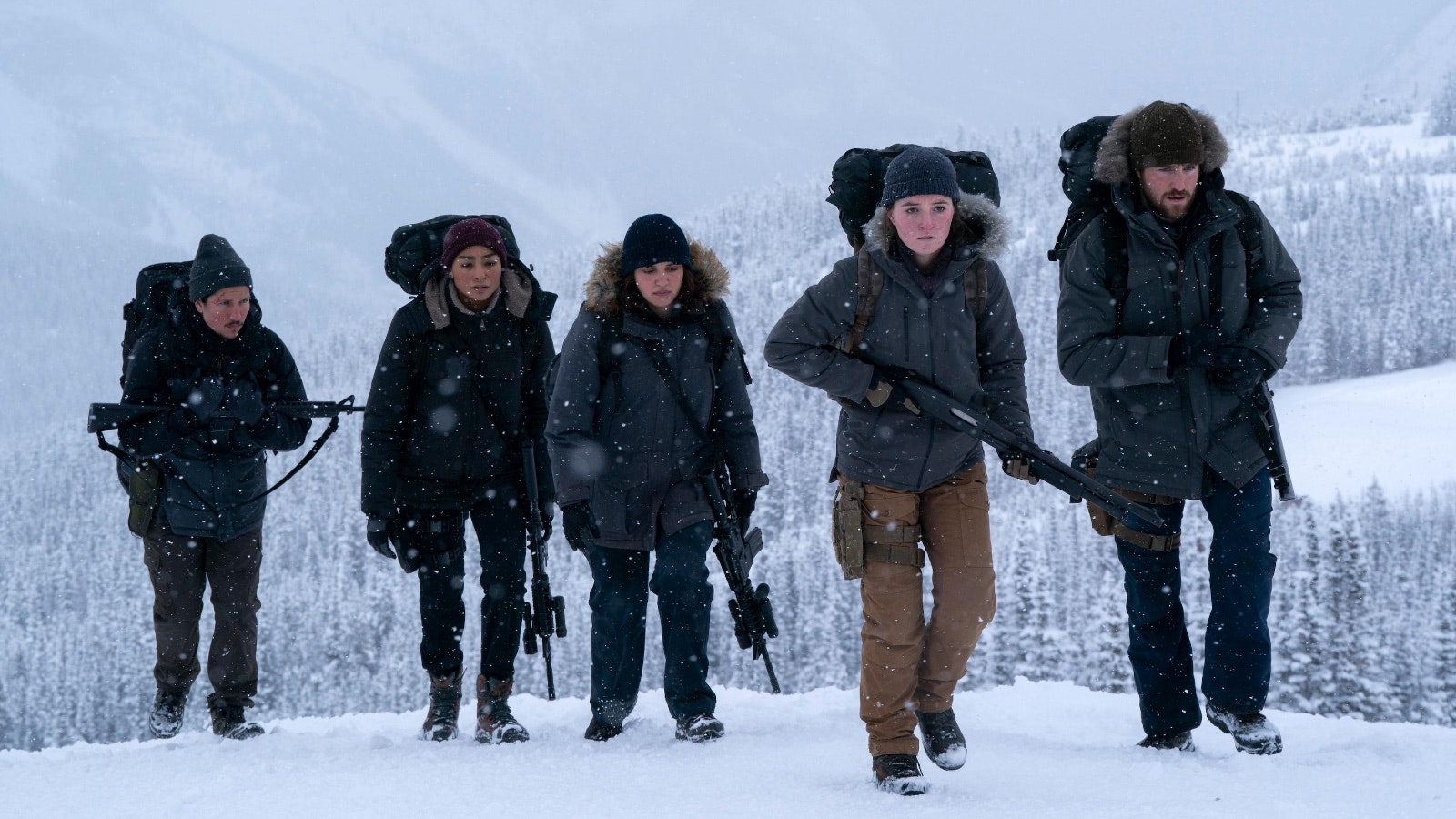
The remarkable performances are one of the reasons this game translates so well to live-action. “We turn to the things that television can do that games can't do as easily,” showrunner Craig Mazin explained to the Pilot TV Podcast recently. “We are able to get very close to a human face. [Game developer] Naughty Dog does the best job of animating in the business — but as good as they are, they cannot approach putting a camera three inches from Pedro Pascal's eyes, or Kaitlyn Dever’s eyes. There's this moment where Kaitlin and Pedro are looking at each other intently, and as god is my witness, a miraculous Kaitlyn Dever tear rolls down Abby's face. You understand there's almost this incredible intimacy between them. To give Abby and Joel a strange relationship in that moment, I thought, was something that we could do that is harder to do in games."
Building on the equally impressive renditions from game actors Troy Baker, Ashley Johnson and Laura Bailey, the performances sell the accomplished, bold, brave writing. Joel’s death was understandably controversial when it was introduced in the video game in 2020. He was a beloved character, a highly capable if deeply flawed surrogate father figure, still mourning the death of his own daughter on outbreak day two decades earlier. His quiet steeliness and flashes of tender emotion — his softly paternal “Oh babygirl, it’s okay” in the first part of the story is enough to knock you sideways — made him one of gaming’s most affecting heroes.
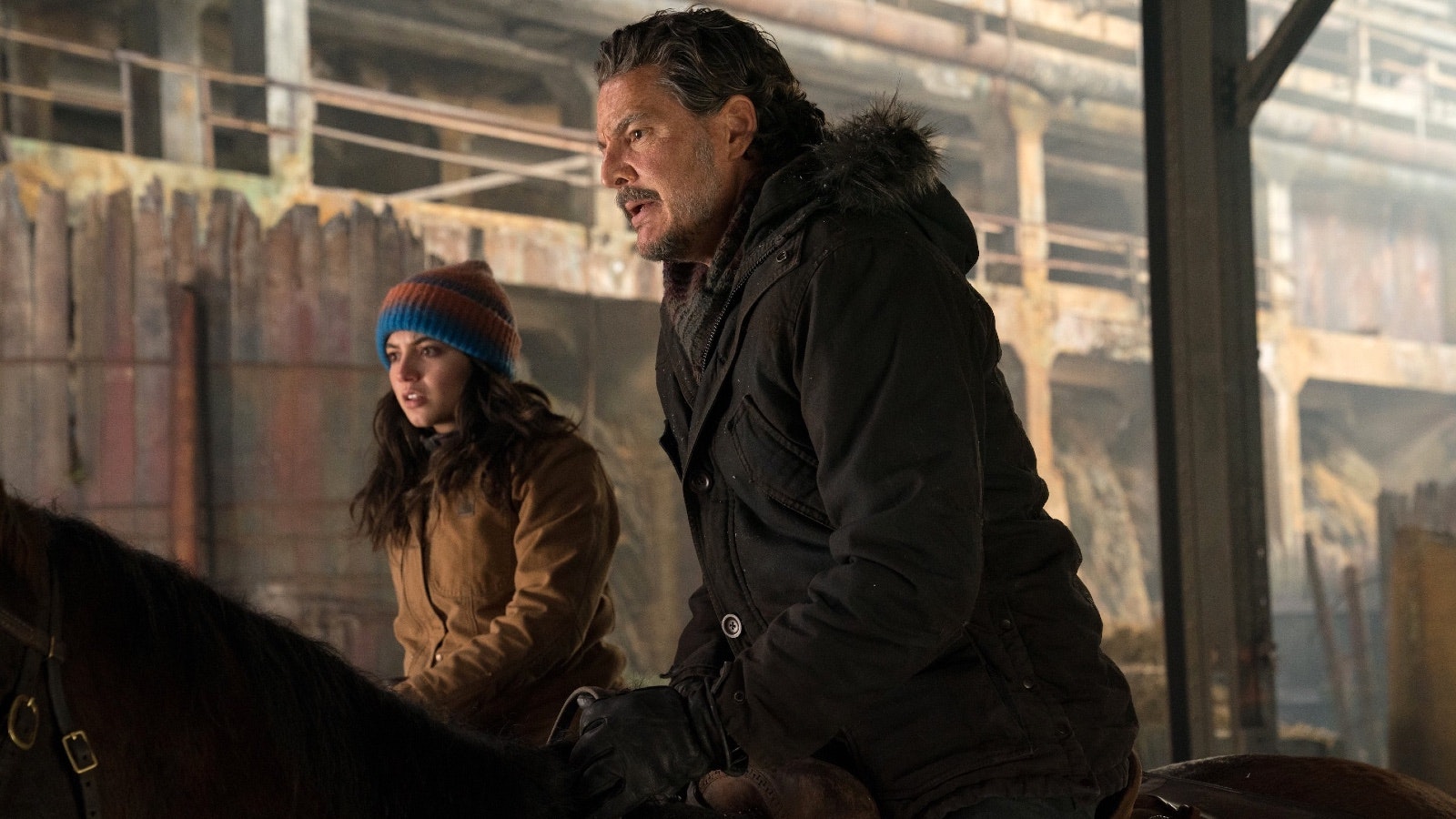
To have him snatched away so suddenly was traumatic for many players — especially given he was the main playable character in the first game. Playing as a character is different to simply watching one on screen: you take part ownership of them and their choices. You can feel practically melded with their consciousness, in a funny sort of way. Experiencing Joel’s death in the game may have felt, for many, a little like experiencing a death of the player’s own soul. That would at least partly explain the insane, extreme, wildly disproportionate reaction online to the game upon release, which saw it get review-bombed, subreddits explode with bile, and slurs and hate sent to developers and actors alike — including the actor behind Abby, Laura Bailey, receiving death threats to her and her newborn son.
That behaviour was, and remains, utterly inexcusable, of course. The excessive negative reaction also simply misunderstands the themes of the game. Far from being a spotless hero, Joel was a ruthless, remorseless murderer. The first game ends on a morally ambiguous note, and the second game is all about the consequences of those choices — the rare video game to reckon with the violence that powers its very engine. It was radical in how it implicates the player in those choices (even if it doesn’t entirely reconcile those points). The first game is about Joel’s journey, a bitter cynic learning to be a (flawed) father again; the second is about Ellie’s journey, slowly and painfully learning the consequences of inhumanity that befell Joel.
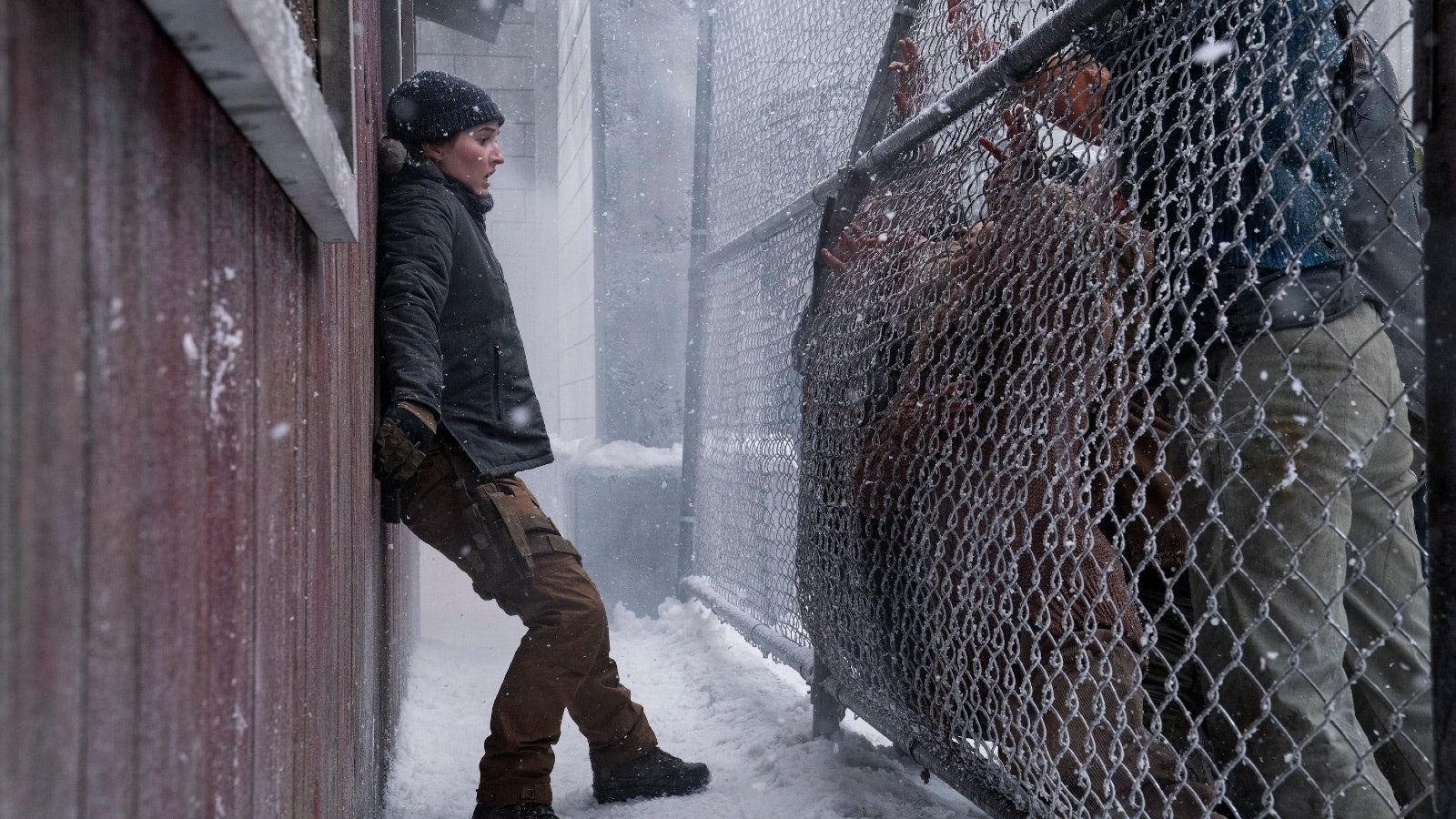
It’s a tough pill to swallow, to be sure. There’s every chance that Joel’s death becomes just as controversial among television audiences as it did among gamers. Killing off a beloved character in such a violent way can prove alienating: the violent deaths of fan favourites Glenn (Steven Yeun) and Abraham (Michael Cudlitz) in a 2016 episode of The Walking Dead, for example, were so upsetting to viewers that the show’s ratings never recovered, many devotees simply abandoning ship. It’s a delicate line to tread.
But viewers should, if they feel able to, stick with The Last Of Us. Joel’s death is undeniably upsetting, but it is also pivotal to this story, and to everything that makes it so singularly compelling. This is not a show simply about zombies (or, more accurately, zombie-adjacent infected humans). Instead, it’s a story about humanity and inhumanity sharing the same space; about moral universalism versus moral relativism; about recurring and repeating cycles of violence — violence inflicted, and violence sustained. Joel has spilled a lot of blood in his life, and discovered the cost. Is Ellie about to discover that cost, too?
What's Your Reaction?























